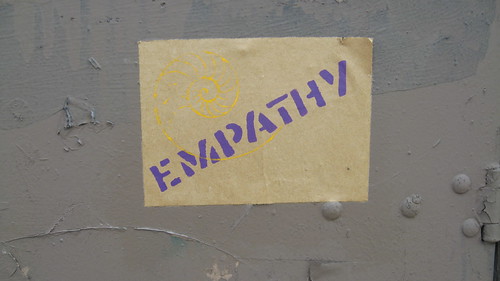 I’m taking Fridays for writing days — starting this week. This means my Friday am blogs will be more likely posted on Friday pm. I spent this morning at the cafe, with the pen and the notebook, then created a list of all my current writing projects (of which there are 11: ideas that have been hovering for a long time, books/articles in progress, books in the proposal stage) and then I flipped through the printout of my novel and reread, dove back in, and did some more writing there.
I’m taking Fridays for writing days — starting this week. This means my Friday am blogs will be more likely posted on Friday pm. I spent this morning at the cafe, with the pen and the notebook, then created a list of all my current writing projects (of which there are 11: ideas that have been hovering for a long time, books/articles in progress, books in the proposal stage) and then I flipped through the printout of my novel and reread, dove back in, and did some more writing there.
This evening will have to be for cooking (quinoa tabouleh! hummus! squash & sweet potato soup!) and final prep for tomorrow’s Body Empathy, but right now is flipping through old notebooks to find other novel -writing I’ve done but haven’t typed up. And then — typing it up.
In the notebook-flipping, though, I’m finding other writes, from workshops or other times. One of those I want to share with you, along with a prompt.
The prompt: Give yourself two minutes to make a list of things you or your character do really well — these can be basic tasks (I, for example, am an excellent shoe-typer) to more complicated ones (say, calculus, which I’d need a lot of help to remember how to be good at). Then let yourself choose one of those and tell the story of that task, or describe how to do it, or talk about why you or your character are good at it.
Here’s my write — I offered this prompt as an initial writing exercise for the spring Write Whole workshop, back in April.
We sit down and spin words on the page without praying or paying them, without directing or tattletaling or begging or bribing — they come and we write them, even if, especially if, they don’t make any sense. After 17 years of this practice, of notebook and pen and open air time, we have moved out of all the once-upon-a-time constructions — the stuff we thought we had to have in order to write: coffee, a three or five hour block of uninterrupted time,headphones and walkman and a tape of music I knew really well and a table by the window at only this or that cafe. Slowly, all the walls, all the structuring,, all the scaffolding has fallen away, the stuff a terrified girl put in place around her brain and writing hand to save herself, the stuff she used to shut out the world and let the words flow — she’s/we’ve learned to let the words flow without the aural blinding and the walls, without a carousel of noise to distract us from the terrifying stuff we were writing and hiding from at the same time — now it comes on the page. We learned how to practice, to practice, and we practice very well.
Thanks for what you’ve practiced, for your words and tellings, for your listening and attention. For your multiplicity and your single-strands.
